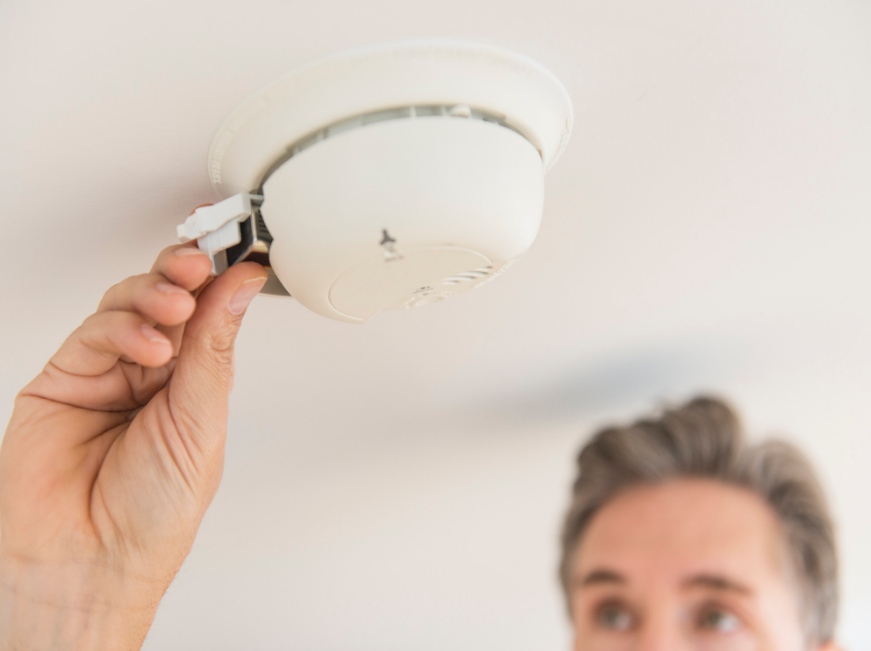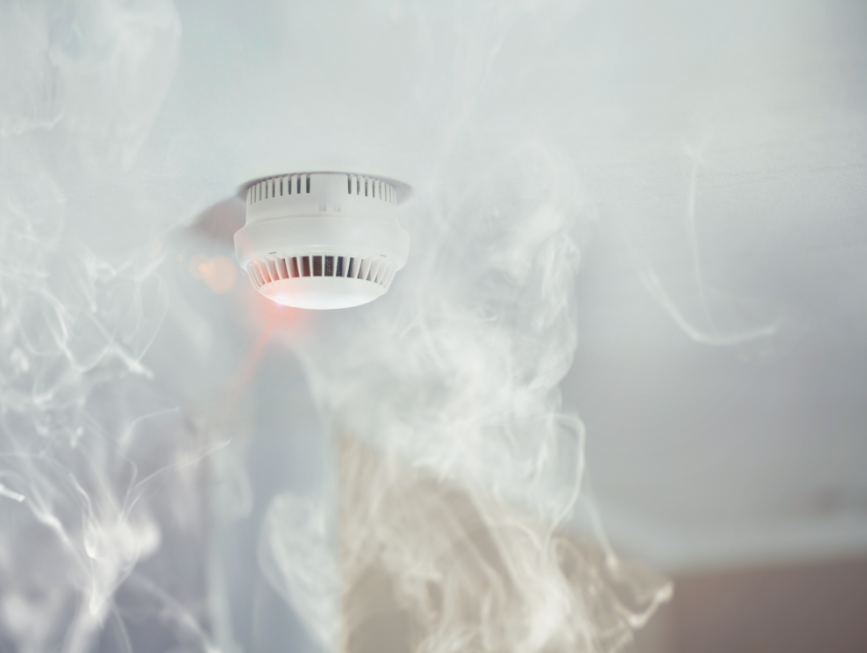Smoke alarms are essential safety features in every home. They detect smoke and emit a loud alarm to alert occupants to the presence of a fire, providing valuable time to evacuate and call emergency services. However, many homeowners may not be aware of the laws and regulations surrounding smoke alarms. In this blog, we will outline five essential smoke alarm laws that every homeowner should know.
Smoke alarms must be installed in every bedroom and hallway leading to bedrooms
In most Australian states and territories, including Queensland, it is mandatory to install smoke alarms in every bedroom and hallway leading to bedrooms. This ensures that occupants are alerted to the presence of a fire, regardless of where it starts in the house.
Smoke alarms must be interconnected
Interconnected smoke alarms are linked together so that when one alarm detects smoke, all alarms in the house will sound. In Queensland, it is mandatory for smoke alarms to be interconnected in all residential properties. This is to ensure that occupants are alerted to the presence of a fire, regardless of where they are in the house.
Smoke alarms must be photoelectric
Photoelectric smoke alarms are more effective than ionisation smoke alarms in detecting smouldering fires, which are the most common type of fire in homes. It is mandatory, in Queensland, to install photoelectric smoke alarms in all residential properties.

Smoke alarms must be installed correctly
Smoke alarms must be installed correctly to ensure they are effective in detecting smoke. They must be installed on the ceiling, at least 300mm away from any walls or light fittings, and in accordance with the manufacturer’s instructions.
Smoke alarms must be tested and maintained regularly
New Smoke alarms law state that the alarms must be tested monthly to ensure they are functioning correctly. The batteries should also be replaced at least once a year, and the smoke alarm should be replaced every ten years. Regular testing and maintenance of smoke alarms can help ensure that they are always working correctly and are ready to alert occupants in the event of a fire.
Conclusion
In conclusion, compliance with smoke alarm laws is essential for keeping safety in every home. Homeowners must be aware of the laws and regulations surrounding smoke alarms to ensure they are compliant and provide maximum protection to their families. By following these essential smoke alarm laws, homeowners can protect themselves and their families from the devastating effects of a fire.

